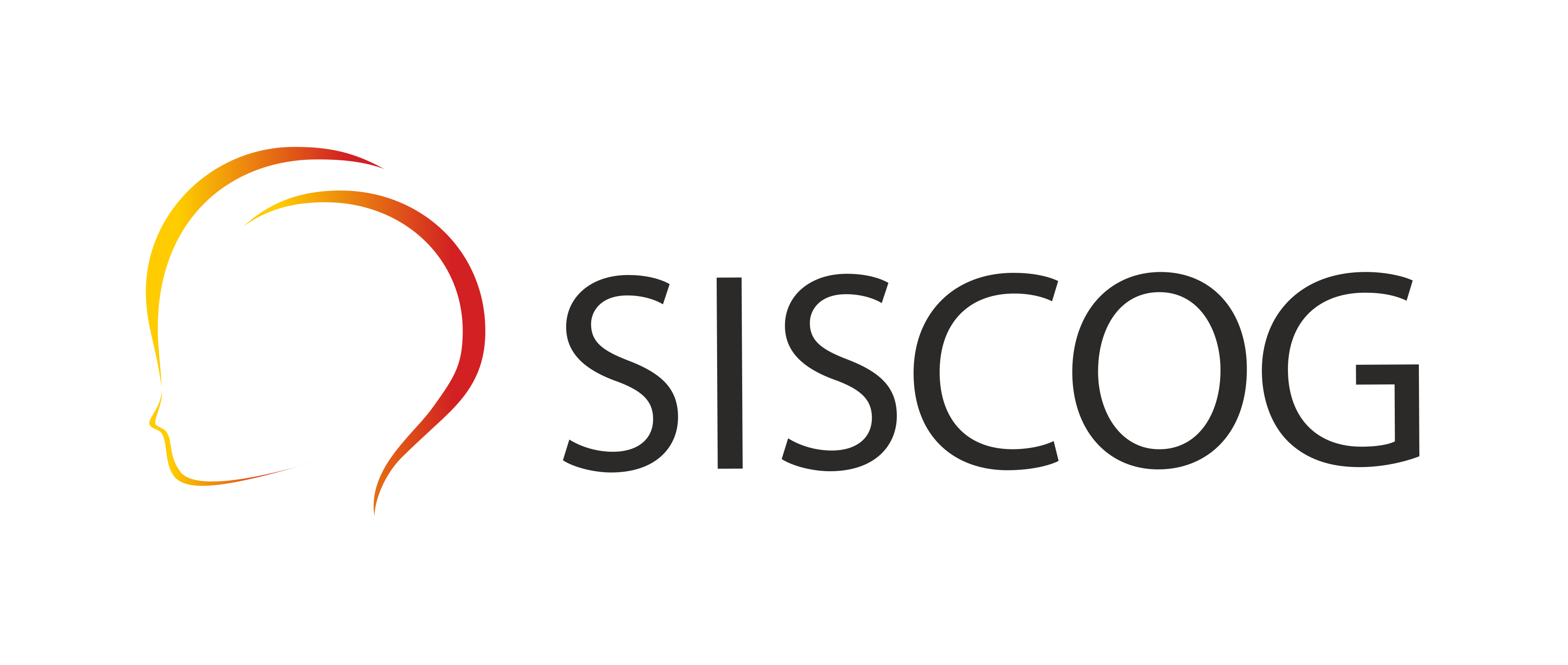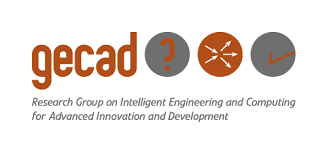Artificial Intelligence in Medicine (AIM)
Every day medicine is facing new challenges: new diseases, cost reductions, new therapeutics, rapid and accurate decisions, new techniques and technologies. Artificial Intelligence (AI) is playing an important role in the decision making process, in the way the data of the patients are collected, treated, processed, anticipating and avoiding critical situations, as well to test and simulate new treatments and devices. The big question to be answered is: How Artificial Intelligence can help to overcome these challenges and improve the efficiency of medicine?
Data Science, Sensing, Pervasiveness, Ubiquity and Intelligent Agents in Medicine, can contribute with new artifacts and new knowledge for health professionals. AI aims to improve the usability of programs for assisting physicians in figuring out what is wrong with the patients and provide new solutions to help making better decisions. AI systems are intended to support healthcare practitioners in the normal course of their duties, assisting with tasks that rely on the manipulation of data and knowledge. In particular, these systems have for example the capacity to learn, leading to the discovery of new phenomena and the creation of medical knowledge improving human health and longevity.
This track promotes a forum to discuss and present emergent topics, new projects and ideas about how AI can contribute to the field of Medicine and, improve patient conditions. By bringing together researchers from two distinct areas is expected to produce new scientific and technical knowledge in a particular area as is medicine. Special attention will be given to the social impact/gain of the AI contributions in medicine.
Topics of Interest
We seek novel, innovative, and exciting work in areas including but not limited to:
- Medical methodologies, architectures, environments and systems:
- Agents for information retrieval;
- AI in Medical Education and Clinical Management;
- Wellbeing and lifestyle support;
- Interoperability, Security, Pervasiveness, Ubiquity and Cloud Computing in Medicine;
- Methodological, philosophical, ethical, and social issues of AI in Medicine;
- Pervasive Healthcare Environments;
- Software architectures.
- Knowledge engineering and Decision Support Systems:
- AI-based clinical decision making and Clinical Decision Support Systems;
- Automated reasoning, Case-Based Reasoning or Reasoning with medical knowledge;
- Business Intelligence in Health Care;
- Clinical Data Mining;
- Machine Learning and Deep Learning;
- Data Streaming;
- Diagnostic assistance;
- Expert, agent-based or knowledge-based systems;
- Genomic data;
- Medical knowledge engineering;
- Pervasive or Real-Time Intelligent Decision Support Systems in Critical Health Care.
- Medical Applications and Devices:
- Computational intelligence in bio- and clinical medicine;
- Electronic Health Records (eHealth);
- Image recognition and interpretation;
- Intelligent devices and instruments;
- Sensor-based applications;
- Telemedicine and mHealth solutions;
- Ubiquitous devices in the storage, update, and transmission of patient data;
- Usability and acceptability.
- AI in Healthcare Information Systems:
- Autonomous systems to support independent living;
- Healthcare System Based on Cloud Computing;
- Intelligent Healthcare information systems;
- Pervasive Information Systems;
- Pervasiveness and Security in Clinical Systems;
- Smart homes, hospitals and Intelligent Systems;
- Simulation Computer systems.
Paper Submission Instructions
All accepted papers will be published by Springer in a volume of Springer’s Lecture Notes in Artificial Intelligence (LNAI) corresponding to the proceedings of the 19th EPIA Conference on Artificial Intelligence, EPIA 2019.
Submissions must be original and not published elsewhere. Papers should not exceed twelve (12) pages in length and must adhere to the formatting instructions of the conference. Each submission will be peer reviewed by at least three members of the Program Committee. The reviewing process is double blind, so authors should remove names and affiliations from the submitted papers, and must take reasonable care to assure anonymity during the review process. References to own work may be included in the paper, as long as referred to in the third person. Acceptance will be based on the paper’s significance, technical quality, clarity, relevance and originality. All accepted papers must be presented orally the conference by one of the authors and at least one author of each accepted paper must register for the conference.
All papers should be submitted in PDF format through the EPIA 2019 EasyChair submission page. Prospective authors should select the thematic track to which their paper is to be submitted.
Important Dates
Paper submission deadline (Extended) : April 15, 2019 April 30, 2019
Notification of paper acceptance: May 31, 2019, June 7, 2019
Camera ready papers deadline: June 15, 2019, June 21, 2019
Conference dates: September 3-6, 2019
Organizing Committee
Manuel Filipe Santos, University of Minho, Portugal
Carlos Filipe Portela, University of Minho, Portugal
Allan Tucker, Brunel University London, United Kingdom
Steering Committee
José Machado, University of Minho, Portugal
António Abelha , University of Minho, Portugal
Pedro Henriques Abreu, University of Coimbra, Portugal
Daniel Castro Silva, University of Porto, Portugal
Francesca Vitali, Pavia, Italy
Manuel Fernández Delgado, University of Santiago, Spain
Program Committee
Álvaro Silva, Abel Salazar Biomedical Sciences Institute, Portugal
Andreas Holzinger, Medical University Graz, Austria
António Abelha , University of Minho, Portugal
Antonio Manuel de Jesus Pereira, Polytechnic Institute of Leiria, Portugal
Barna Iantovics, Petru Maior University of Tîrgu-Mureş, Romania
Beatriz de la Iglesia, University of East Anglia, UK
Cinzia Pizzi, Universita' degli Studi di Padova, Italy
Filipe Pinto, Polytechnic Institute of Leiria, Portugal
Giorgio Leonardi, University of Piemonte Orientale, Italy
Göran Falkman, Universitet of Skövde, Sweden
Helder Coelho, University of Lisbon, Portugal
Helena Lindgren, Umeå University, Sweden
Hugo Peixoto, University of Minho, Portugal
Inna Skarga-Bandurova, East Ukrainian National University, Ukrainian
José Machado, University of Minho, Portugal
José Maia Neves, University of Minho, Portugal
Júlio Duarte, University of Minho, Portugal
Luca Anselma, University of Turin, Italy
Michael Ignaz Schumacher, University of Applied Sciences Western Switzerland (HES-SO), Switzerland
Miguel Angel Mayer, Pompeu Fabra University, Spain
Miriam Santos, University of Coimbra, Portugal
Panagiotis Bamidis, Aristotelian Univ. of Thessaloniki, Greece
Pedro Gago, Polytechnic Institute of Leiria, Portugal
Pedro Pereira Rodrigues, University of Porto, Portugal
Rainer Schmidt, Institute for Biometrics and Medical Informatics, Germany
Ricardo Martinho, Polytechnic Institute of Leiria, Portugal
Rui Camacho, University of Porto, Portugal
Salva Tortajada, Polytechnic University of Valencia, Spain
Teresa Guarda, Peninsula der Santa Elena University, Ecuador
Werner Ceusters, University at Buffalo, USA


















